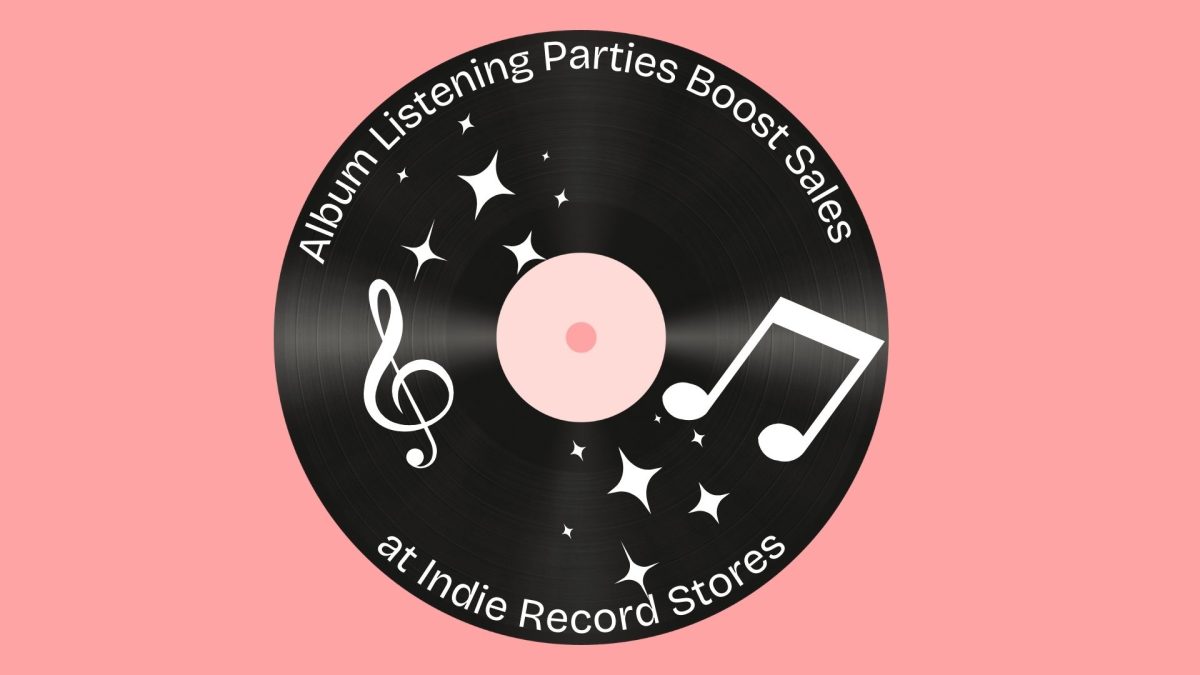
Google is joining Amazon in the race for commercializing the sky with their new drone program, Project Wing.
Although the Federal Aviation Administration (FAA) does not allow the flight of commercial drones yet, that policy might change in the next few years.bThat is just a new way the multi-billion dollar company has found to expand its reach into people’s everyday lives. Google holds more information and control on your life than you might think.
The corporate giant has been known to provide the public with the best tools for Internet navigation. From Google Maps, YouTube, Gmail and Google Chrome, Google is by far the most prominent company in terms of Internet services.
Google’s primary source of profit is advertising. According to the Securities and Exchange Commission, advertisement constituted 96 percent of their revenue in 2011. But regular advertising strategies would not allow them to sustain a business of such caliber.
The company just managed to develop new ways of advertising that are more efficient. Their focus has been set on individualizing and personalizing one’s Google experience in order to learn more about someone. As Eli Pariser, author of “The Filter Bubble,” explained in a TED talk in 2011, if two individuals type the same search, at the same moment, from their respective device, even logged out of their potential accounts, they will get different results.
This is because Google uses all the information it can get about you to personalize your search results. It finds out where you are, what browser you navigate on, what computer you are using and what results you have clicked before etc.
They know what people have searched on their engine, what website they have visited on Chrome, what videos people have watched on YouTube, where people have been going using Google Maps, any information people include in their emails through your Gmail account and even what people buy with their recent Google Wallet.
“We don’t need you to type at all,” said Google CEO Eric Schmidt in an interview with The Atlantic. “We know where you are. We know where you’ve been. We can more or less know what you’re thinking about.”
Moreover, the more information they get about someone, the more profiling they can do, by using algorithms and the technology from Google Analytics. Google’s company, DoubleClick, only uses the information one’s gives them, but discovers even more about a person from the initial data.
They use this information to optimize your search results, but most of all, they sell one’s personal information, identity, desires and ideas to private companies for optimal advertisement.
Therefore, this is the price one pays for all those useful tools one enjoys everyday. Not only does the optimal search result isolate someone from other results that are necessary for a balanced point of view of any search, but there is a profound ethical issue in the way one’s personal information is exploited, and a true problem in how everyone is okay with it.
Everyone seems to be willing to hand over an incredible amount of data. Google processes 20 petabytes of data each day about people, who they are, what they like and basically their identity for Google’s services. The nature of the transaction, unspoken and kept behind closed doors, makes the company’s success questionable regarding freedom and democracy.
































